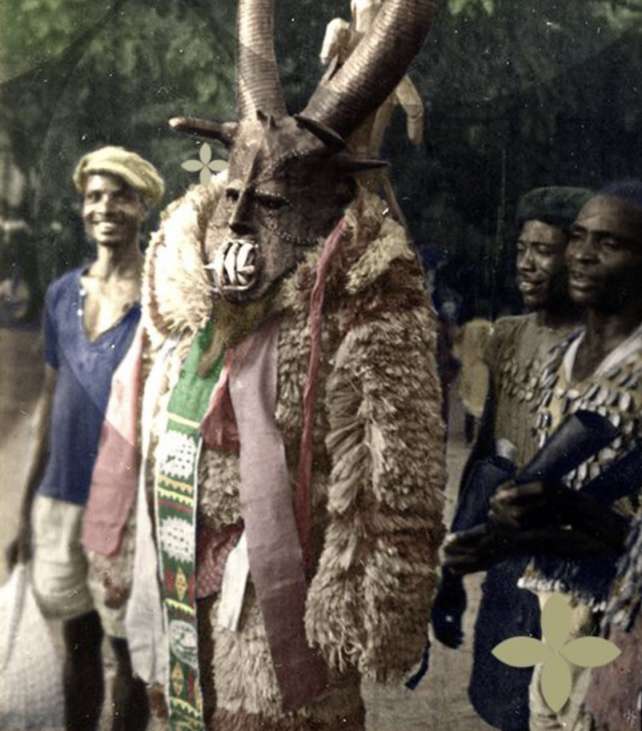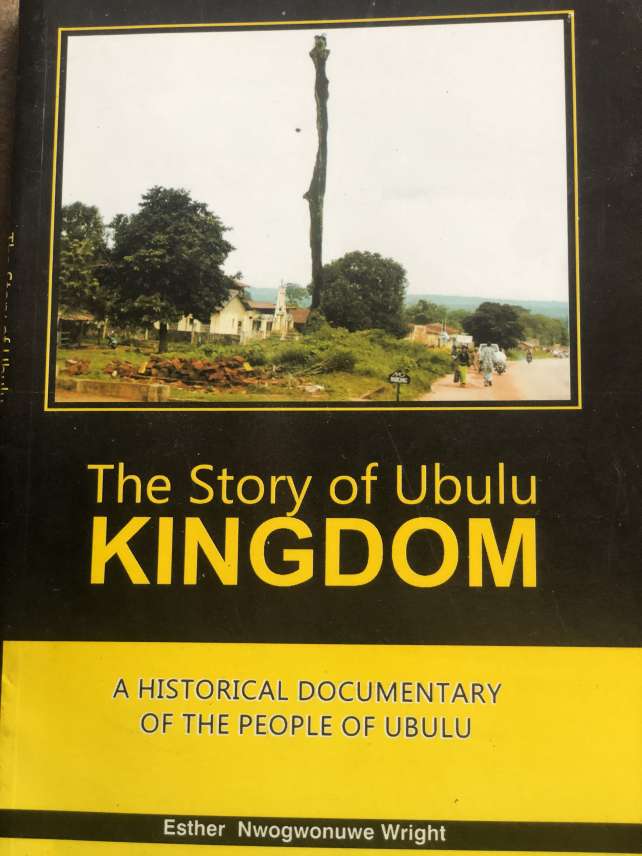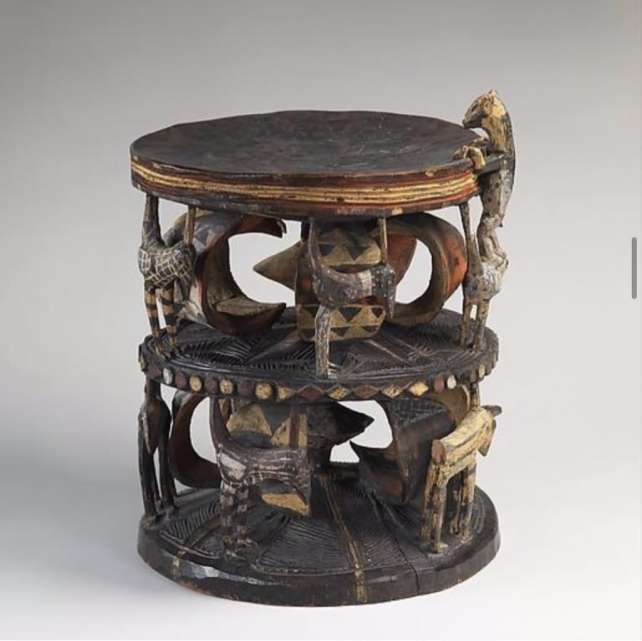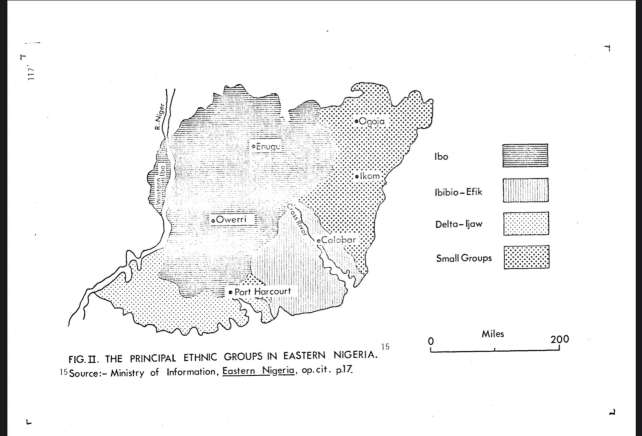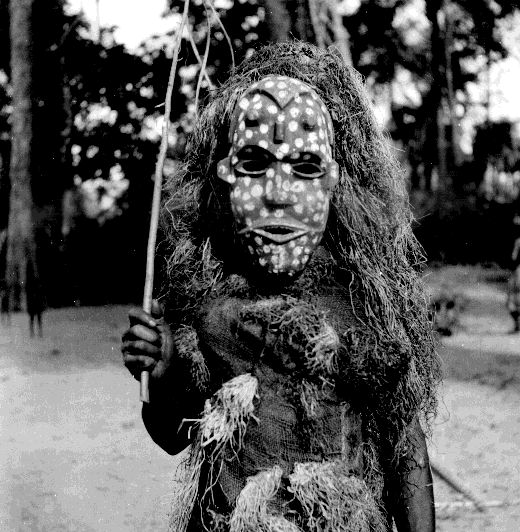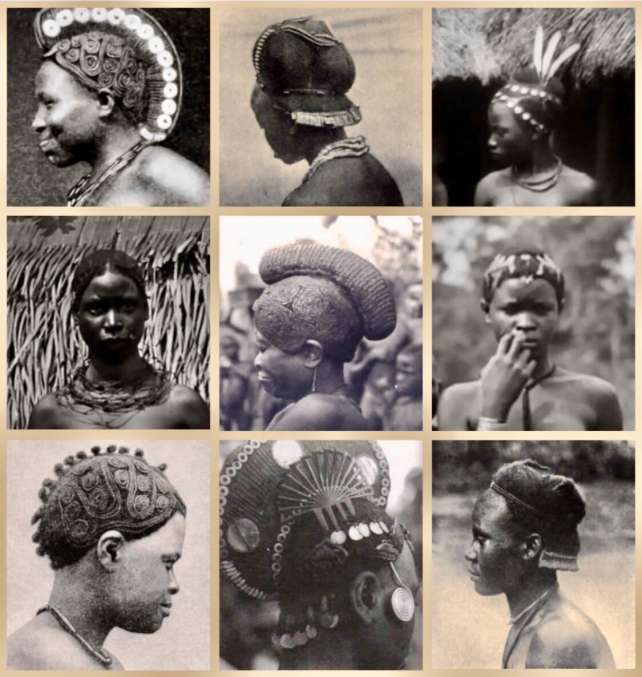The Queen of England's visit to Anioma during precolonial times
Prioir to British rule, the communities in Anioma all had traditional systems whereby males could get to the seat of authority and merit status through attaining titles such as Ozo and Eze titles, people with these titles are granted respect and political influence, and they mostly…



